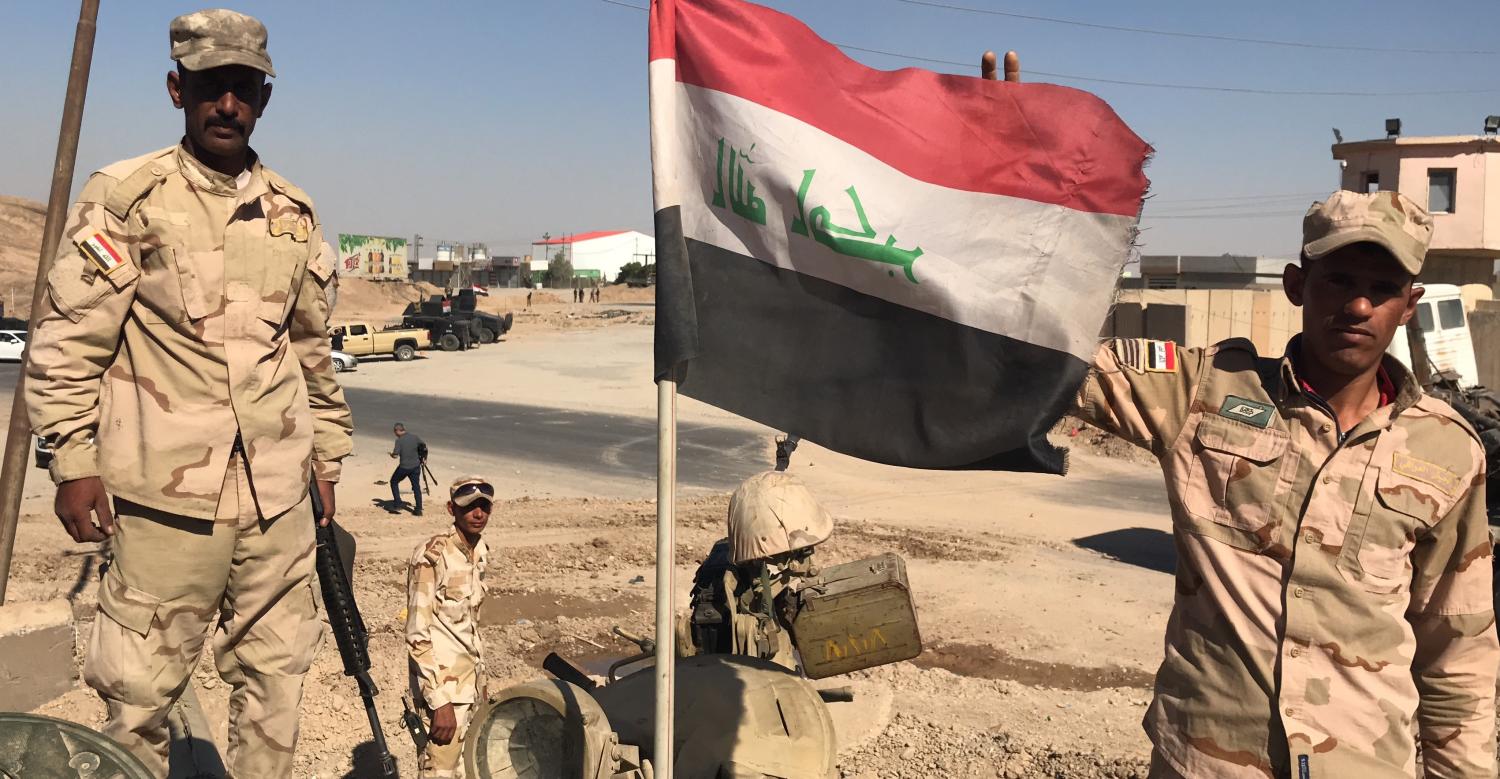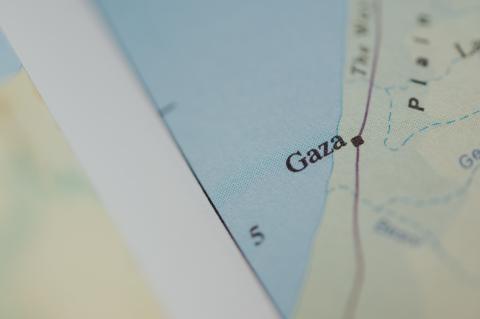There is no doubt that the Kurds have been unfairly dealt with as an ethno-linguistic group throughout modern history. They’re not alone in this, but they are probably in a different category as far as the West is concerned, as they have sometimes proven to be good allies. Their recent efforts in fighting Islamic State in Iraq (when Iraqi forces collapsed) and in Syria is the latest example. But that doesn’t mean the Kurds always make good decisions. The latest imbroglio is a good example.
Their efforts against Islamic State have earned the Kurds plaudits as a disciplined anti-Islamist ally, and have put them in a strong bargaining position with Damascus in determining the relationship between the Kurdish northeast and the central Syrian government when hostilities are concluded.
But the situation is complex, and external agents such as the US have explicitly said that their relationship is about defeating Islamic State. The US and the Kurds are tactical allies for sure, but they are not strategic partners. International realities dictate as much. The Kurdish groups are more militarily capable as a result of their relationship with Washington, but they should never have thought there was any sense of support for Kurdish independence. Middle Eastern borders are actually quite durable despite their artificiality, and sovereignty is a powerful motivator for states to maintain existing territorial boundaries.
Even for a group so accustomed to persevering in anticipation of a future Kurdish state, holding a provocative, quixotic and externally friendless referendum was an unnecessary risk for very little return. Including oil-rich Kirkuk as part of that referendum after it was effectively annexed by the Kurds in 2014 was particularly provocative.
The timing was also poor. Kurdish forces fought and died in buttressing the north when Iraqi government forces left the field of battle in a disorganised rabble in June 2014. They were supported by the West when things were tight and they took advantage of the circumstances to expand their territory. A smart operator would have used that leverage to negotiate some concessions to incrementally improve Kurdish political circumstances.
But the world has not stood still since June 2014, and Western support has assisted the Iraqi security forces to improve their technical and tactical capability. They have re-taken Mosul at the cost of nearly 1500 dead and over 5000 wounded. The idea of the Kurds running a referendum not recognised by either the Iraqi state or the international community was a red rag to a bull for a government that had just spent blood and treasure reasserting sovereignty over its second-largest city. Including Kirkuk in the referendum reinforced the confronting nature of the move.
But we must also be aware that the Kurds are not politically homogenous and the idea of the referendum was championed by Masoud Barzani and his Kurdistan Democratic Party (KDP). There are reports that the other Kurdish groups were uneasy about Barzani’s plan, and part of the reason Kirkuk was taken so easily by Iraqi forces lay with the fact that non-KDP elements may not have considered Barzani’s referendum worth dying for.
Of course, people are happy to externalise the blame for the current situation – the Iranians see it as an Israeli project, while some in the US see Iran's fingerprints on the assault against the Kurds. The reality is that Prime Minister Haider al-Abadi had little choice but to act when and as he did. He is leading a fractured, multiethnic, multi-sectarian federation recovering from an attempted Islamist takeover that has taken years to bring under control. Barzani threw the dice in thinking that his referendum would strengthen his personal position among the Kurds. The large turnout and good press may have provided a political sugar hit. But when none of your neighbours are happy about the conduct of the poll, and your closest external ally, the US, declares it illegitimate, the warning signs were there for all to see.
The prospect of one US-supplied and trained sub-national group in conflict with a US-supplied and trained national military force is unusual, but not an example of confused US Middle East policy. One should remember that the decision to arm the Kurds was made by several countries (including Australia) as an immediate tactical necessity. The effort to support the Iraqi military (which also included Australia) was part of the national strategic effort. The outcome that pitted one group against another need never have occurred, and Washington had little to do with it. It had much more to do with the overreach of a Kurdish leader and the reaction of an Iraqi Prime Minister who could not afford to let such an unnecessarily provocative act pass.
After three years spent trying to reassert sovereignty within its borders, the Iraqi military has continued to reassert it after Barzani effectively dared it to do so. It will be interesting to see how this plays out among various Kurdish factions, once the enormity of what has befallen them sets in. As a Kurdish contact said to me via social media after he’d been up for 30 straight hours dealing with this train wreck: ‘We lost everything. A black day in our history.’

